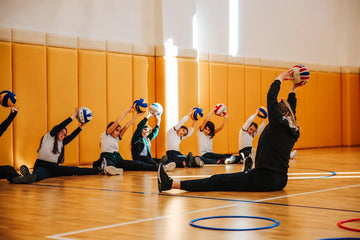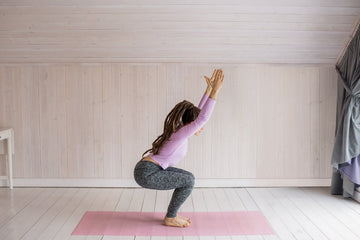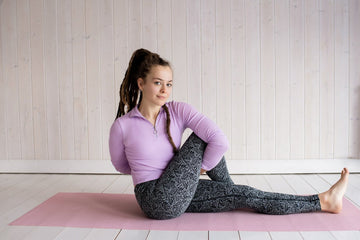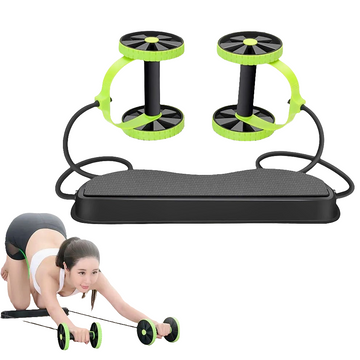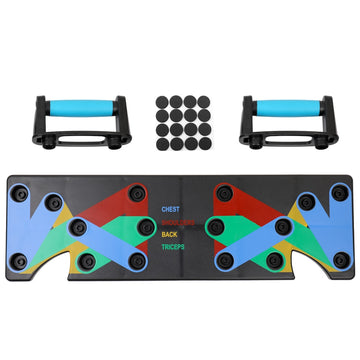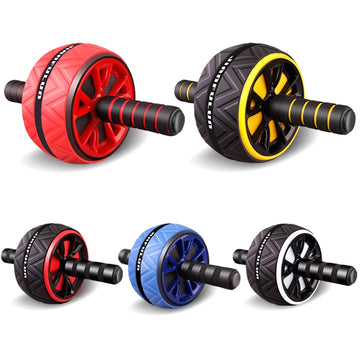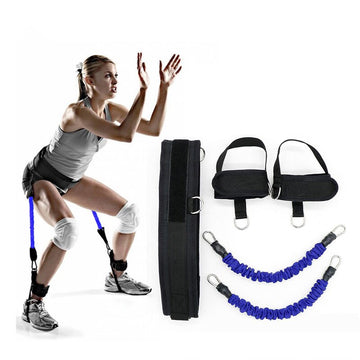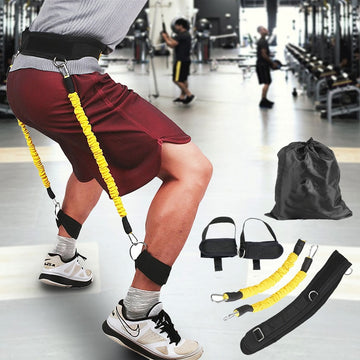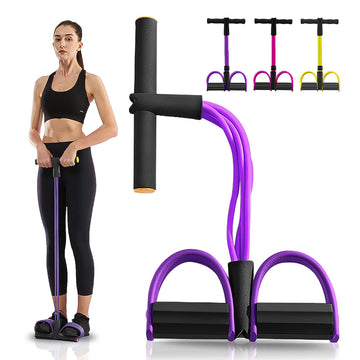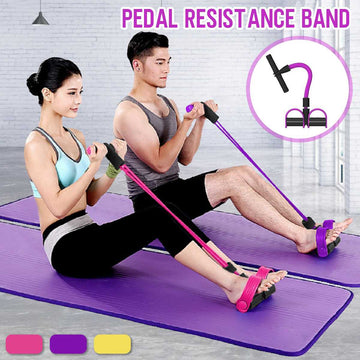Why Fitness Is Important for Students?
In today's digital era, students spend long hours sitting, studying, or attending online classes. While academics are crucial, neglecting physical fitness can lead to numerous health issues, decreased concentration, and mental stress. Maintaining an active lifestyle is essential for students to perform well both academically and personally.
Fitness isn't just about looking good; it directly impacts brain function, emotional well-being, and overall health. Incorporating regular exercise into a student’s routine can improve focus, relieve stress, and develop discipline—all essential qualities for academic success.
1. Boosts Brain Power and Academic Performance
Studies show that physical activity increases blood circulation to the brain, improving cognitive function and memory. When students exercise regularly, they are better able to concentrate, retain information, and solve problems effectively. A simple 30-minute workout before studying can significantly enhance learning capabilities.
2. Reduces Stress and Anxiety
With increasing academic pressure, students often experience stress and anxiety. Exercise triggers the release of endorphins, also known as "feel-good" hormones, which help in reducing stress and improving mood. Engaging in activities like yoga, stretching, or even a quick home workout session using fitness vibration plates can help relieve tension and boost positivity.
3. Improves Energy Levels
Fatigue and laziness are common among students who sit for long hours. Regular physical activity helps improve endurance and stamina, making students feel more energized throughout the day. Simple workouts such as skipping rope or using an ab roller can keep energy levels high.
4. Enhances Physical Health and Prevents Illness
Students with an inactive lifestyle are prone to obesity, cardiovascular diseases, and poor posture. Fitness helps maintain a healthy weight, improves heart health, and strengthens bones and muscles. Strength training exercises with push-up boards or resistance bands can significantly contribute to overall health.
5. Develops Discipline and Time Management
Students who schedule time for exercise develop better discipline and time management skills. Sticking to a fitness routine requires consistency, which can help students become more organized in their studies and daily activities.
6. Encourages Better Sleep
Many students suffer from irregular sleep patterns due to academic stress and screen exposure. Regular exercise helps regulate sleep cycles, leading to better rest and improved concentration the next day. Activities like stretching or using a resistance squat belt can aid relaxation and promote deeper sleep.
7. Boosts Self-Confidence and Social Skills
Fitness is a great confidence booster. When students stay active, they feel more confident in their abilities, both academically and socially. Engaging in group sports or workouts also helps build teamwork and communication skills.
8. Helps in Maintaining a Balanced Lifestyle
Balancing studies, social life, and fitness may seem challenging, but incorporating exercise into a daily routine makes students feel more in control of their lives. Prioritizing health leads to better focus, improved mood, and long-term success.
How Can Students Stay Fit Without a Gym?
- Incorporate at least 30-45 minutes of physical activity daily.
- Use home workout equipment like push-up boards and vibration plates.
- Take short breaks to stretch or walk between study sessions.
- Follow guided home workout programs.
- Maintain a balanced diet and drink plenty of water.
- Get enough rest to allow the body to recover.
FAQs
1. How does fitness help students in their studies?
Exercise improves concentration, memory, and mental clarity, leading to better academic performance. It also reduces stress and enhances creativity.
2. What are the best exercises for students?
Cardio workouts like jogging, skipping rope, or HIIT exercises are great for maintaining energy. Strength training with resistance squat belts and stretching exercises improve flexibility.
3. Can home workouts be as effective as gym workouts?
Yes! With the right equipment like ab rollers and resistance bands, students can achieve their fitness goals from home without needing a gym membership.
4. How can students find time for fitness?
Short, high-intensity workouts or quick home exercises before or after study sessions can be highly effective. Scheduling workout sessions just like study hours helps maintain consistency.
5. What diet should students follow to stay fit?
A balanced diet rich in protein, fiber, healthy fats, and complex carbohydrates is essential. Drinking enough water and avoiding junk food also contribute to overall fitness.
6. Can fitness help students with anxiety?
Yes! Exercise releases endorphins, which reduce stress and anxiety. Activities like yoga, stretching, and deep breathing exercises can significantly improve mental well-being.
7. What is the easiest way for students to start a fitness routine?
Begin with simple activities like walking, skipping, or stretching. Gradually introduce bodyweight exercises, then use basic home fitness equipment for strength training.
Final Thoughts
Fitness is a crucial part of a student’s life, impacting their academic success, mental health, and overall well-being. By incorporating daily physical activities and using home workout equipment, students can stay fit, improve concentration, and lead a healthier lifestyle.

